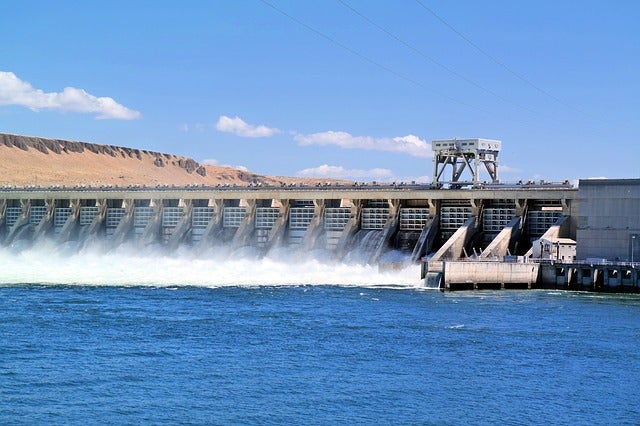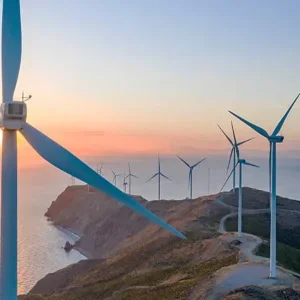
The Asian Infrastructure Investment Bank’s (AIIB) announced that the board of directors has approved a loan of up to £71m for the Upper Trishuli-1 Hydropower Project in Nepal.
The hydropower plant marks the Nepal’s first project to receive loan from AIIB and is expected to increase the power generation capacity of the country by approximately 20%, to address the acute power shortages.
Support offered by AIIB for Nepal’s electricity sector
The project is one of the AIIB’s several steps in support of the Nepal’s electricity sector development. The bank has provided Nepal with £709,200 for the proposed Tamakoshi V Hydroelectric Project along with £790,000 for the upgrade and expansion project of power distribution systems.
The bank has provided funding from its Project Preparation Special Fund which provides grants to support the preparation of projects in eligible AIIB members.
The grants are part of AIIB’s overall efforts in Nepal to increase energy generation capacity, and reduce the demand-supply gap, by upgrading transmission infrastructure and reduce electricity system losses.
AIIB vice president and chief investment officer DJ Pandian said: “We recognize that power supply shortages in Nepal have caused significant delays in the restoration of infrastructure and services impacted by the 2015 earthquake. By investing in hydropower and encouraging further private sector investment in the country, we will help drive economic growth and poverty alleviation efforts.”
International Finance Corporation, Asian Development Bank and other development institutions are the co-financiers of the hydropower project that involves a £512m investment, financed entirely by foreign capital.
T o be developed on the Trishuli river under a build-own-operate-transfer model, the Upper Trishuli-1 hydropower project is a 216MW greenfield run-of-river hydropower plant. The facility would sell power to the Nepal Electricity Authority under a Power Purchase Agreement.
AIIB Director General Dong-ik Lee said: “AIIB’s investment will provide much-needed, long-term financing for a vital infrastructure project. We are confident that our investment will demonstrate the viability of Nepal’s sustainable energy sector to other potential private-sector investors.”






